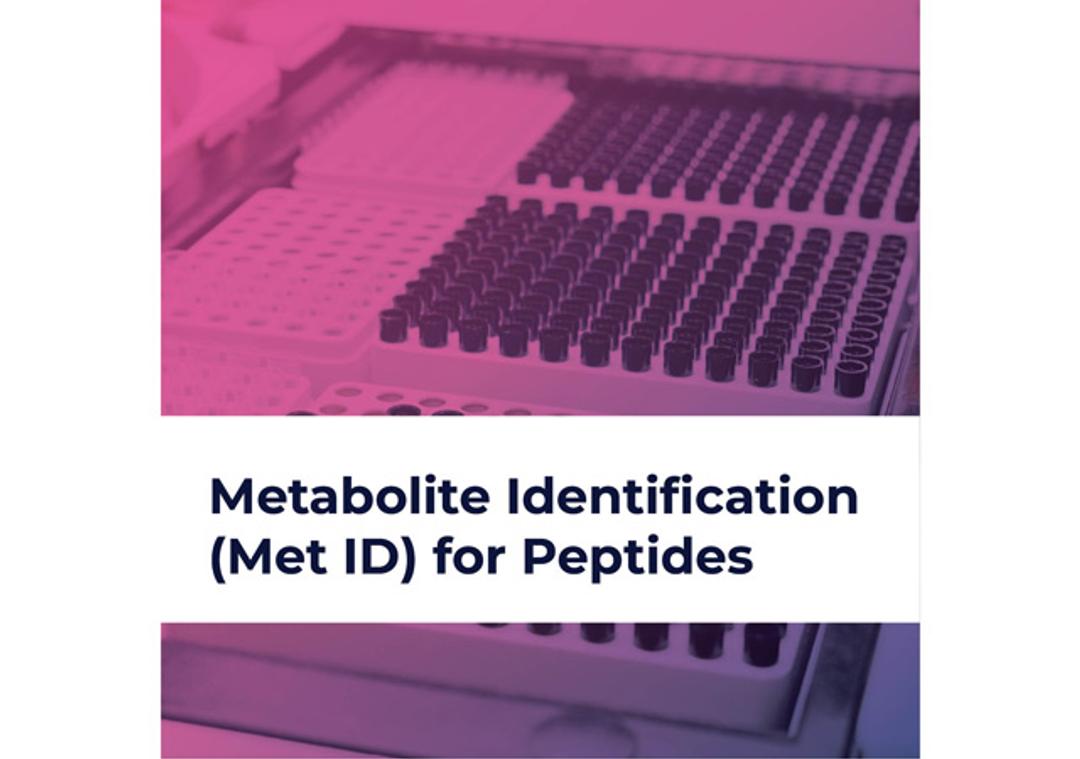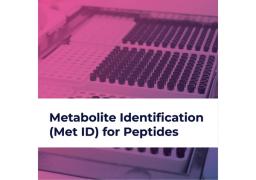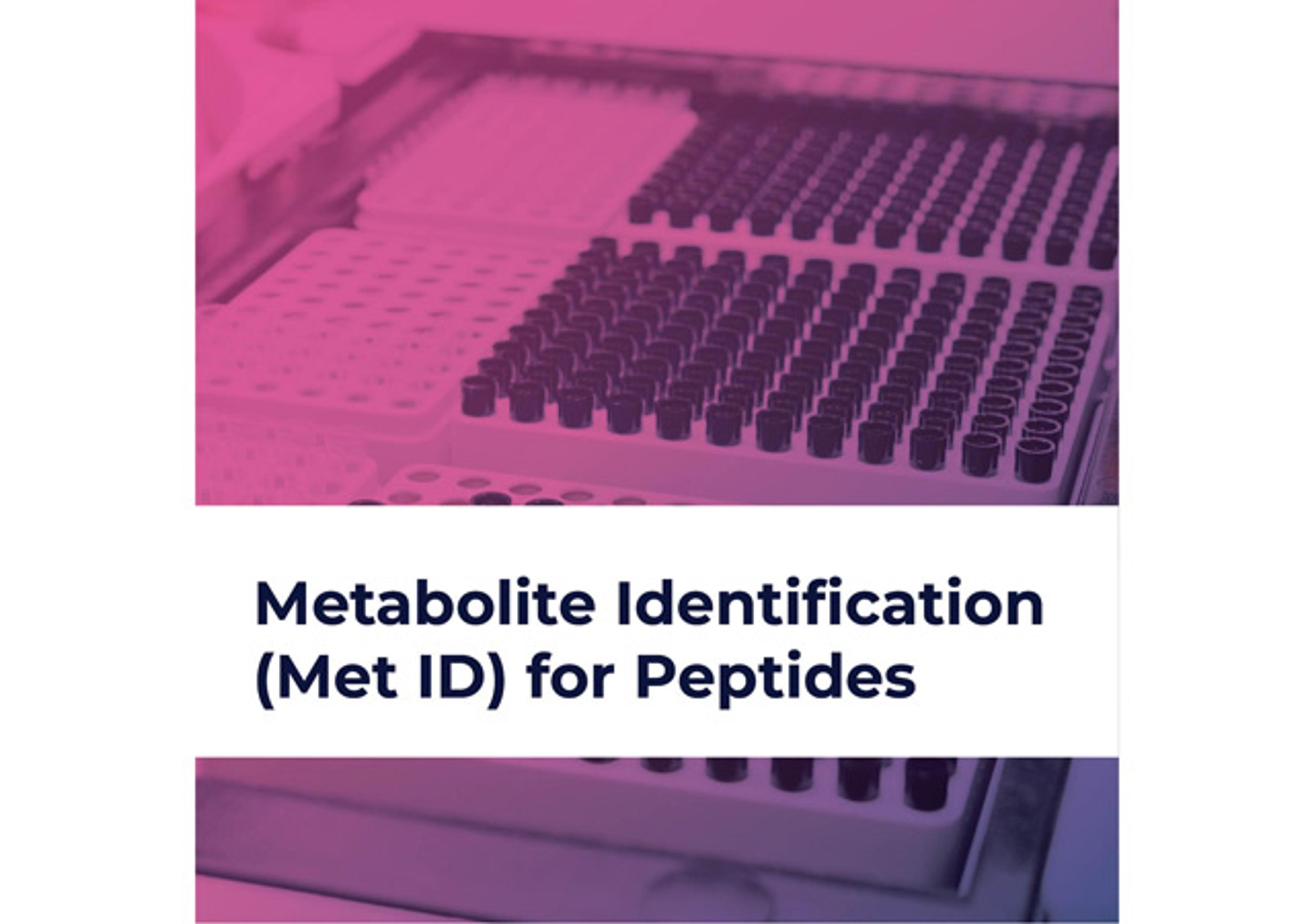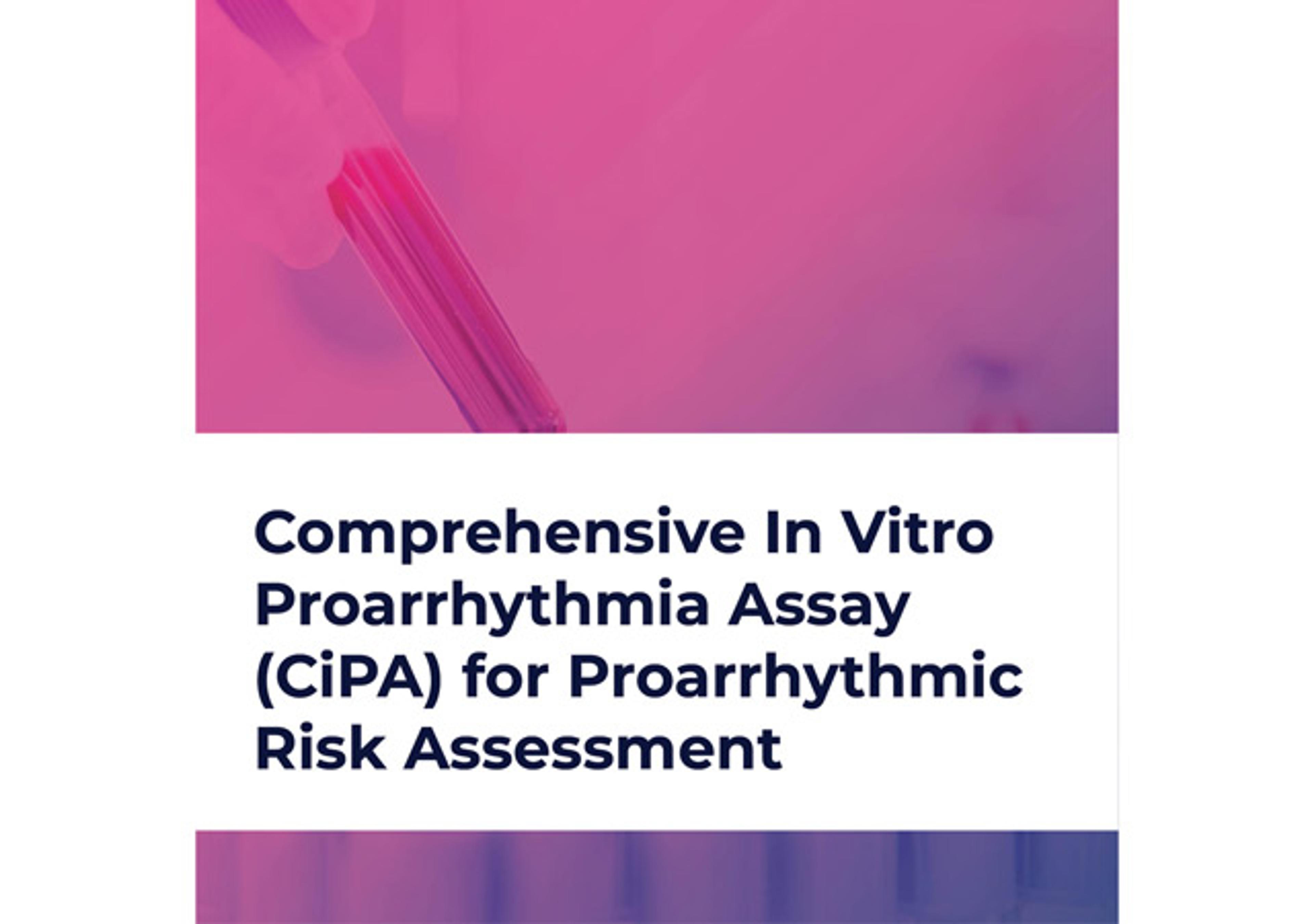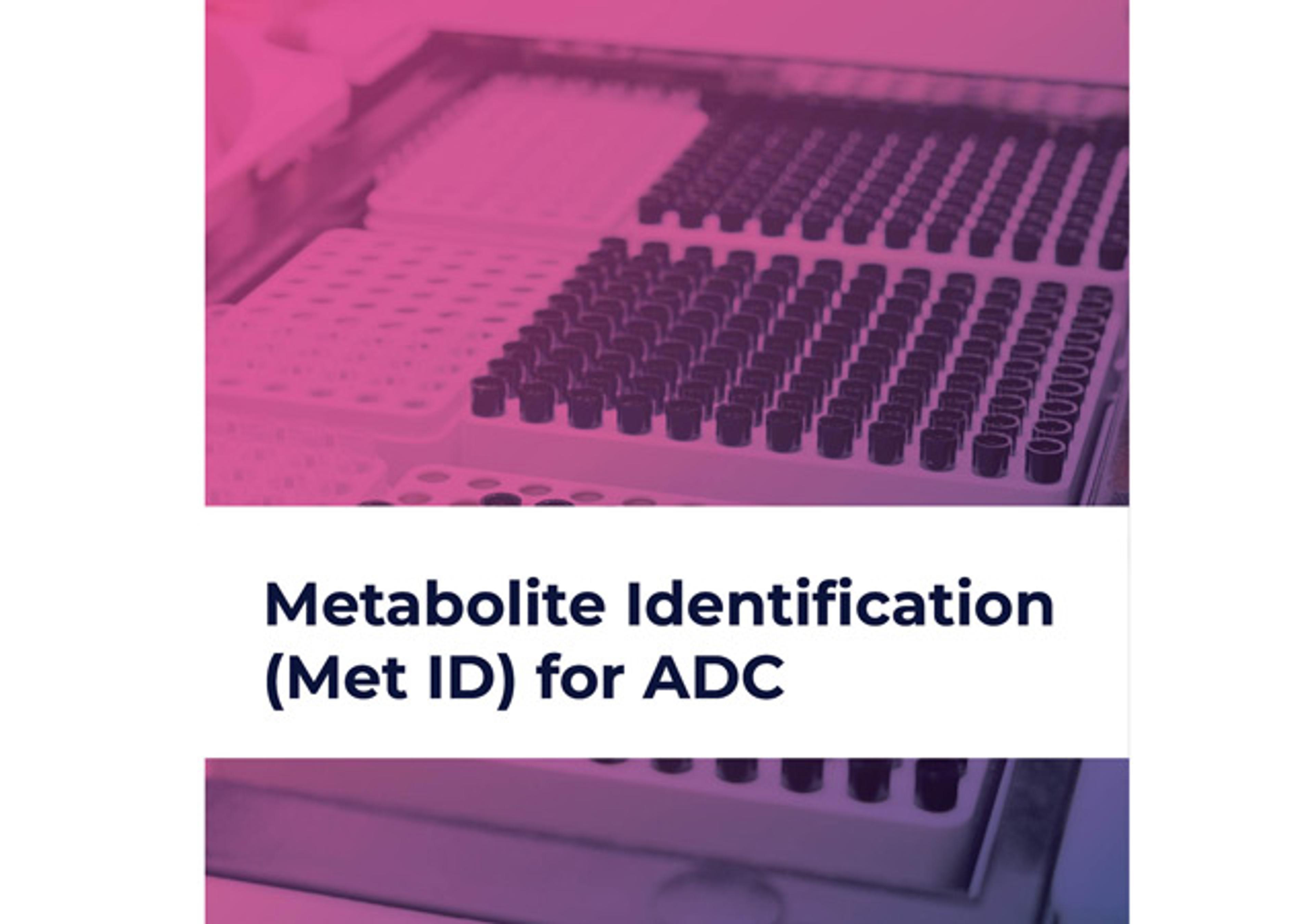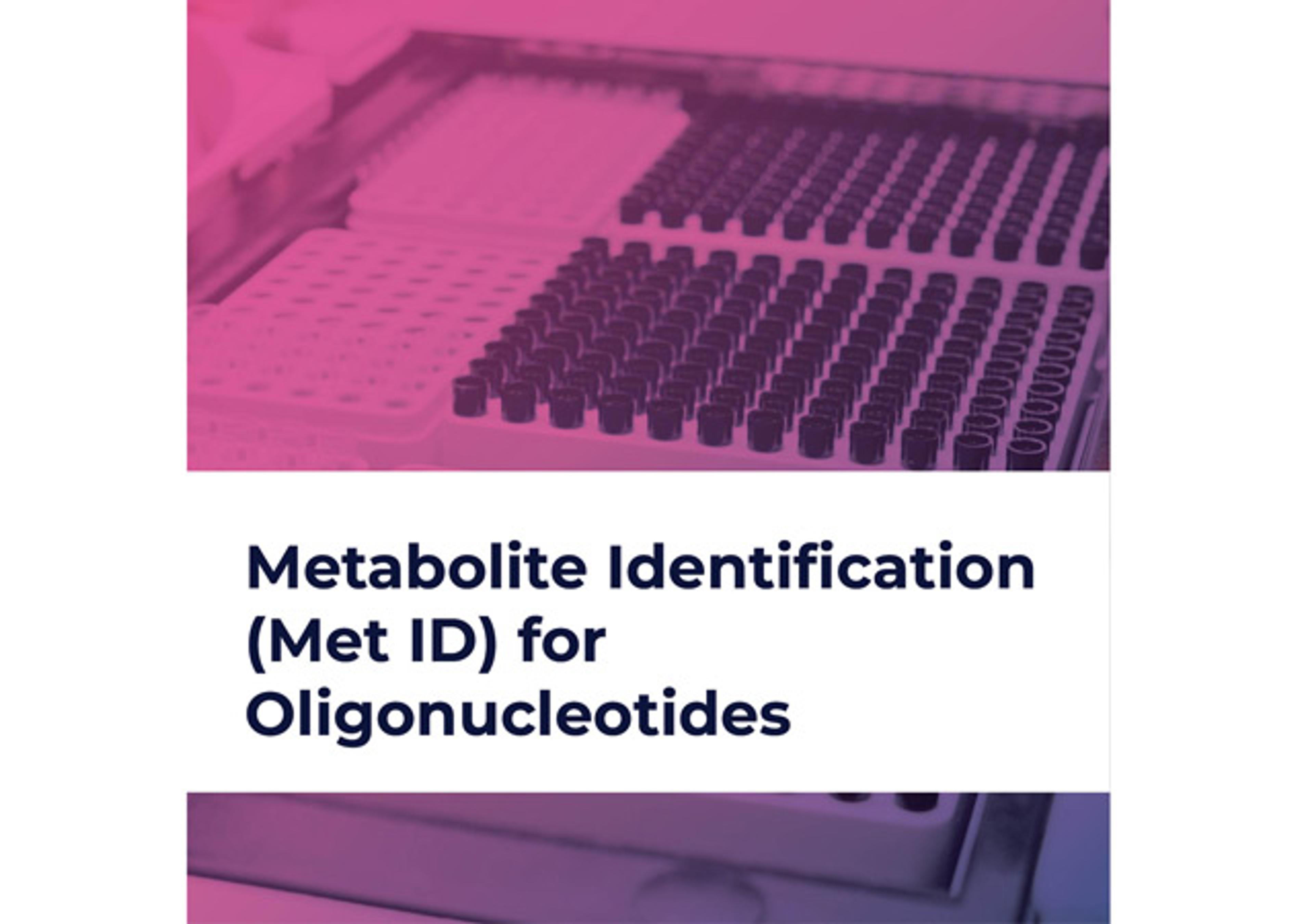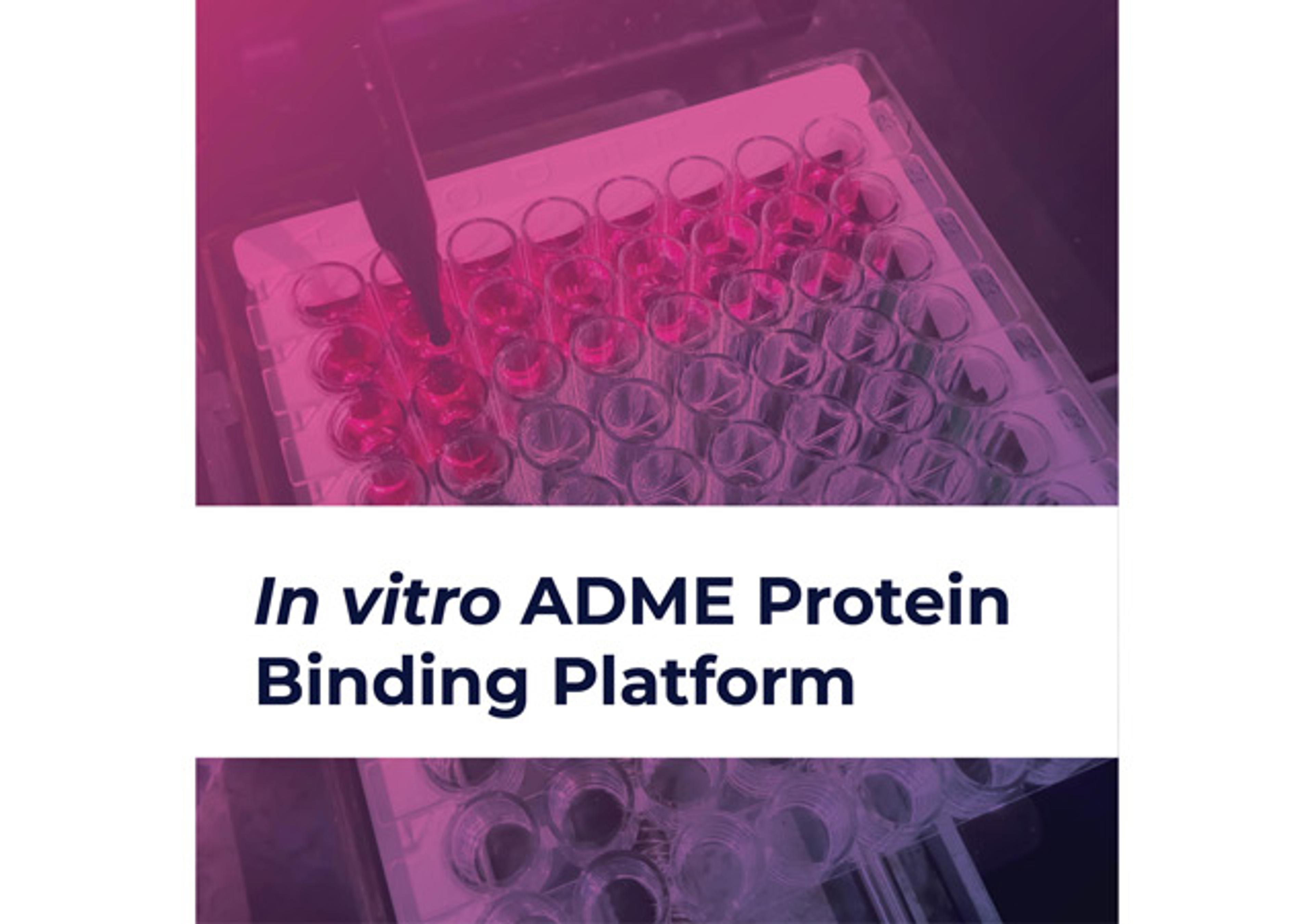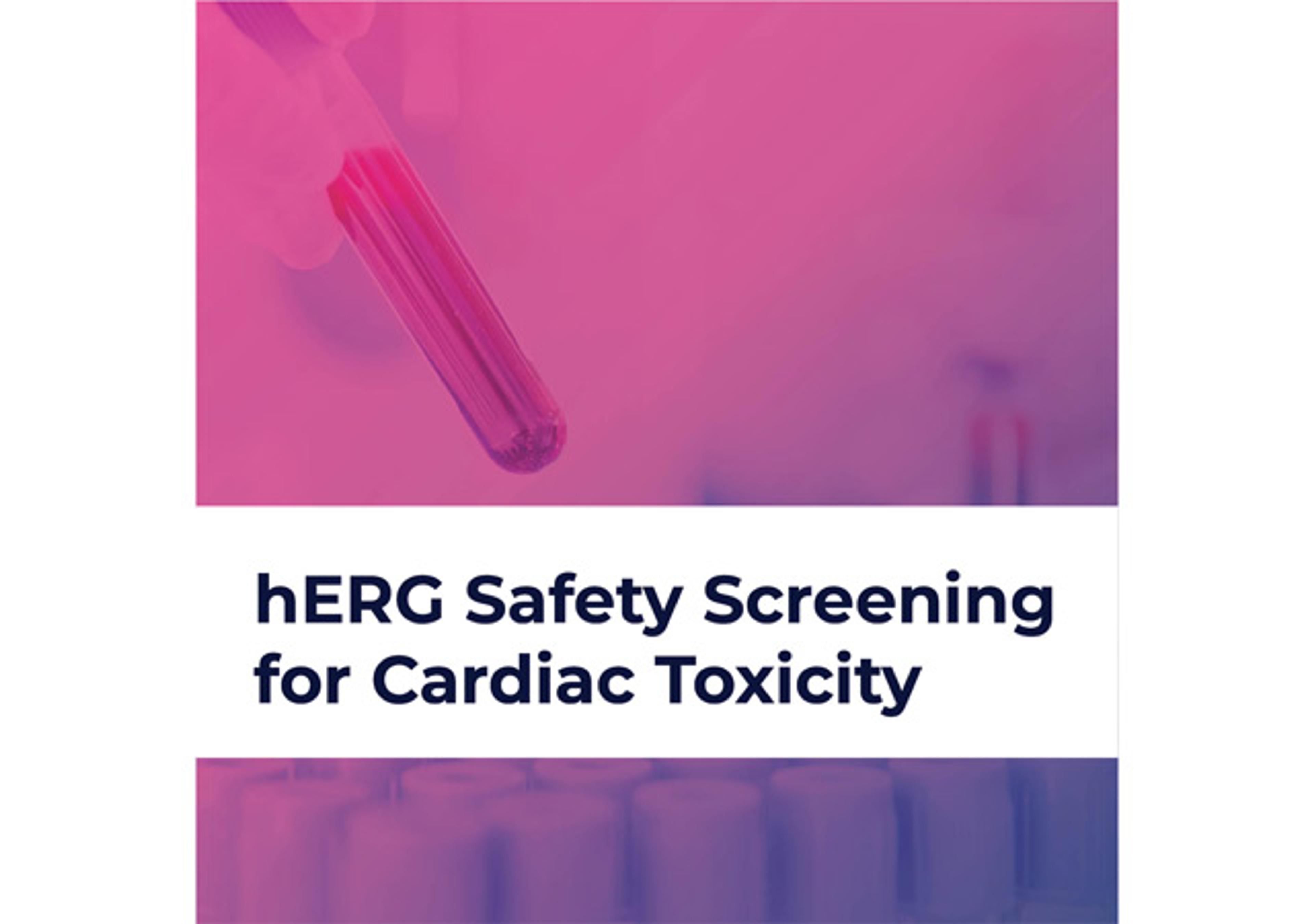Metabolite Identification (Met ID) for Peptides
Our Metabolite Identification service for peptides utilizes HRMS to characterize peptide metabolism (e.g., hydrolysis, oxidation, glucuronidation). The assay identifies and semi-quantifies metabolites in plasma/tissues, enabling ADME profiling (clearance, bioavailability), toxicity screening (reactive metabolites) and peptide optimization (PK/PD enhancement). Integrated with preclinical data, it supports metabolically stable p…
Peptide drugs exhibit high susceptibility to enzymatic degradation, generating chain-shortened or chemically modified metabolites that directly impact their therapeutic efficacy and safety profiles. To address this challenge, our platform employs ultra-high-performance liquid chromatography coupled with high-resolution mass spectrometry (UHPLC-HRMS) for automated, high-throughput metabolite detection. This advanced analytical approach enables 1) precise structural elucidation of metabolites through MS/MS spectral matching and diagnostic fragment analysis, and 2) semi-quantitative assessment of metabolite distributions across biologically relevant matrices (e.g., plasma, liver microsomes, kidney homogenates). By integrating these data, we establish critical correlations between in vitro metabolic stability assays and in vivo disposition pathways, thereby supporting rational peptide drug design to mitigate degradation liabilities and optimize pharmacokinetic performance. Tailored for diverse peptide types, including cyclic and modified structures, the service integrates software tools for database matching and profiling.
Key features or benefits:
- Versatile MS platforms: Waters G2-S, Waters G2-XS and AB SCIEX Q-TOF for fast analysis
- Rapid turnaround: Processes samples in ~2-3 weeks
- Sample versatility: Handles plasma, urine, feces, bile and tissue samples
- Integrated support: From sample preparation to expert interpretation and reporting
Relevant applications:
- Early discovery: Screening metabolic soft spots in peptide leads
- In vitro ADME: Assessing stability in hepatocytes and microsomes
- Toxicity evaluation: Identifying active or toxic peptide fragments

